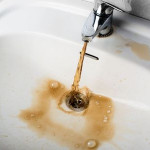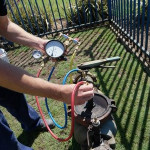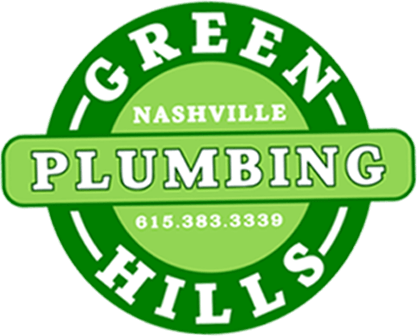Backflow Equals Water Contamination
Backflow isn’t just inconvenient; it’s also a health hazard. Backflow happens when problems with the plumbing system reverse the flow of water. It contaminates water, expelling fecal matter, food residue, and plant matter into the home’s drains. The contaminated water also mixes with the home’s potable water, making it unsafe to use or drink.
Backflow can cause vomiting, nausea, abdominal pain, and other health concerns. If left unaddressed, it can also lead to heart and lung complications. This makes it crucial to understand backflow and how homeowners can prevent it. Doing so keeps both the plumbing system and its inhabitants healthy.
Backflow Is a Public Health Hazard
 The Environmental Protection Agency (EPA) lists the many dangers of backflow to people’s health. As noted, many of those concerns relate to people’s gastrointestinal tracts. However, they can also affect the cardiovascular system, leading to heart failure and other life-threatening concerns.
The Environmental Protection Agency (EPA) lists the many dangers of backflow to people’s health. As noted, many of those concerns relate to people’s gastrointestinal tracts. However, they can also affect the cardiovascular system, leading to heart failure and other life-threatening concerns.
Backflow can also:
- Expose homeowners to toxic chemicals: There’s a reason why plumbing systems direct wastewater away from home. Wastewater contains pesticides, viruses, and other bacteria that can affect one’s health. Continuously being exposed to these substances can create medical emergencies.
- Destroy the plumbing system: The chemicals in backflow can eat away at a plumbing system’s pipes, increasing the risk of burst pipes, leaks, and other concerns. Extreme corrosion may require replacing entire sections of pipe.
- Wear down appliances: Appliances like dishwashers need clean water to operate properly, and the chemicals inside the backflow can damage these appliances’ internal components.
What Is Backflow Testing?
 Plumbing systems rely on certain devices to prevent backflow. One of those devices is the RPZ valve. It helps direct water flow and prevents waste from entering the plumbing system. When a professional plumber conducts backflow testing, they check these devices to ensure they work properly.
Plumbing systems rely on certain devices to prevent backflow. One of those devices is the RPZ valve. It helps direct water flow and prevents waste from entering the plumbing system. When a professional plumber conducts backflow testing, they check these devices to ensure they work properly.
Backflow testing may also require a plumber to:
- Test the water’s chemicals
- Patch any leaks
- Replace pipes that could burst
- Evaluate problems with the water main
Homeowners should hire a professional to conduct backflow testing once a year because this isn’t something many people can do on their own. An experienced plumber will rely on their knowledge, specialized tools, and experience to pinpoint and remedy any backflow issues.
The Importance of Backflow Testing
There are many reasons to conduct backflow testing at least once a year, including:
- It prevents health concerns: As noted, exposure to the chemicals in backflow can cause various health complications, some of them life-threatening.
- It extends the plumbing system’s lifespan: Plumbing systems can last decades, but backflow creates issues that can significantly shorten the lifespan of the plumbing.
- It protects homeowners’ financial interests: Avoiding backflow by testing prevents homeowners from spending money on plumbing repair bills, water damage repair bills, and medical bills.
About Green Hills Plumbing
Green Hills Plumbing is a locally owned and operated company serving Nashville, TN, and the surrounding areas. They offer upfront pricing, 24/7 emergency service, and a satisfaction guarantee. Call them today for backflow testing and certification in Nashville, TN.

































